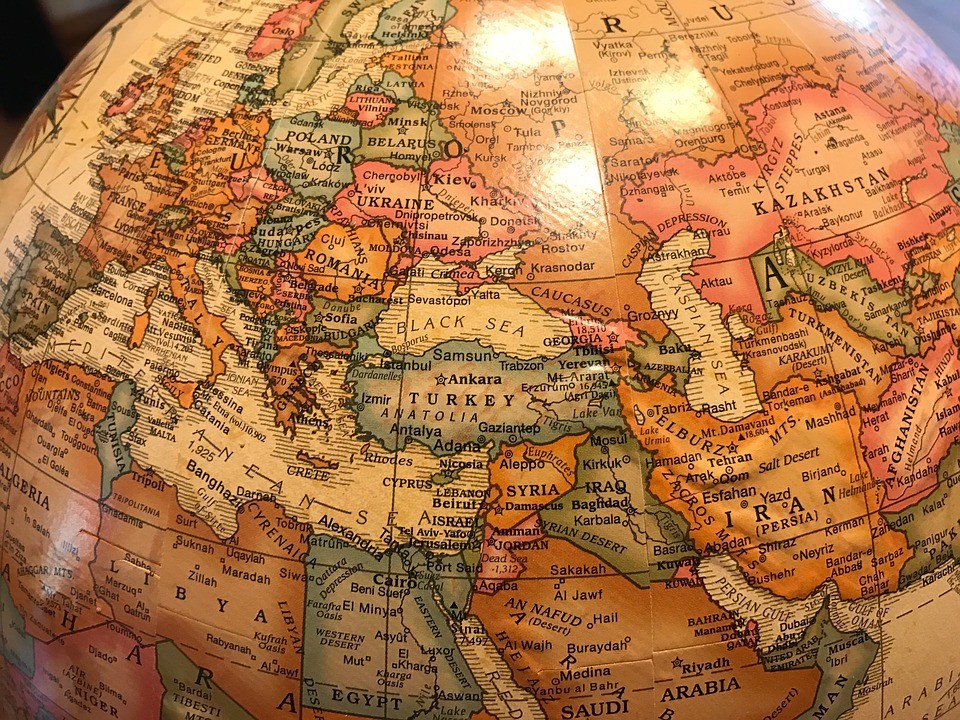The war in Ukraine is keeping President Vladimir Putin busy but, not too busy to travel to Tehran only three days after President Biden’s failed Middle East trip. On July 19 the Iranian government hosted Turkish President Recep Tayyip Erdogan and the Russia President. The tripartite meeting was “held within the framework of the seventh summit of the heads of states of the Astana Peace Process for Syria,” according to Vali Kaleji of the Jamestown Foundation. Given the timing of this summit, Kaleji suggests that Putin used it as an opportunity to discuss Moscow’s challenges in the region.
Three months ago the Financial Times, along with other local publications, reported correctly that Russian troops in Syria were being redeployed to the front lines in support of the war in Ukraine. Putin, it appears, is aware that this move could potentially create a power vacuum in the region and an advantage for the US, Turkey, and Israel. HE is determined to ensure that this does not occur. Kaleji argues that “In such a situation, Israel would increase air attacks on Iranian military positions and bases in Syria, as Tel Aviv worries that a military vacuum would be filled by Iran or proxy forces, such as Lebanese Hezbollah.” Some Middle East analysts in Washington are suggesting that such a void could allow the US to increase its military presence east of the Euphrates and also permit Turkey a free hand on conducting military operations in Kurdish-held areas in northern Syria.
President Erdogan wants Putin to abide their previous agreement which calls for Moscow to work with Washington to help push outlawed Kurdish militants 30 kilometers away from the Syrian-Turkish border. It has not occurred to date. Erdogan this week again publicly called it “long overdue.” Daily Sabah reported recently that the Turkish president informed Russian and Iranian leaders that he “expected their full support in Ankara’s fight against terrorists in Syria.” “Putin’s presence at the summit in Tehran,” according to Kaleji, “contained a message to all players in Syria: Russia has not lost its focus and military power in Syria because of Ukraine.”
There is a large potential for Russia to build infrastructure and other economic projects inside Syria. Putin does not want to walk away from any financially lucrative deals. He is playing a strong poker hand, knowing he can use his military’s ongoing presence in the country as a pressure lever against the democratic West over his “special military action” in Ukraine.
Tehran and Moscow hold similar views on the security threat in the Levant region. Both also oppose Turkey’s military operations in northern Syria and the US military presence east of the Euphrates. Islamic Republic News Agency is reporting this week that Iranian President Ebrahim Raisi, in a press conference with Putin and Erdogan, reinforced that “the US presence east of the Euphrates is unjustifiable, so the Americans should pull out.” All is not calm among the players. Differences surface between Russia and Iran over Israeli military operations in Syria. “Russia has not provided full air coverage of Iranian positions in Syria during Israeli airstrikes,” according to Kaleji. Iran’s Supreme Leader Ali Khamenei, according to Islamic Republic News on July 19, “praised the Russian president’s recent anti-Zionist stance” in an escalation of the discord between Israel and Russia over Tel Aviv’s support for Ukraine. Iran is seeking Russian support to counter Israeli military operations in Syria. It appears that expanded consultations by Russia and Iran in the future may be used to dampen Turkey’s operations in Syria, according to TASS. Putin may be busy fighting in Ukraine, but it is not stopping his long-term strategic plans in the Middle East.
Daria Novak served in the U.S. State Dept.
